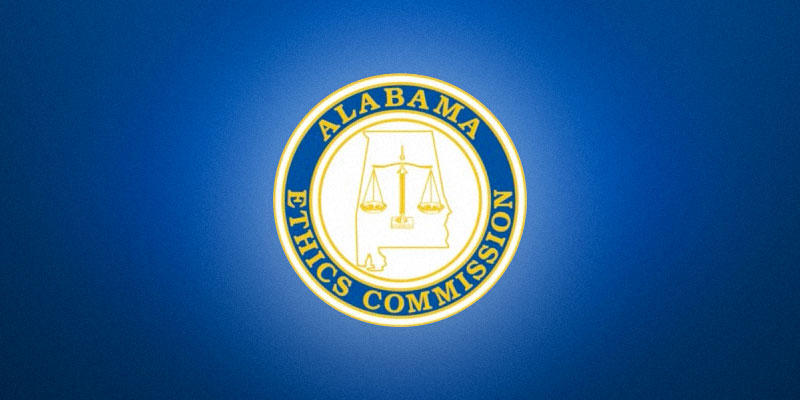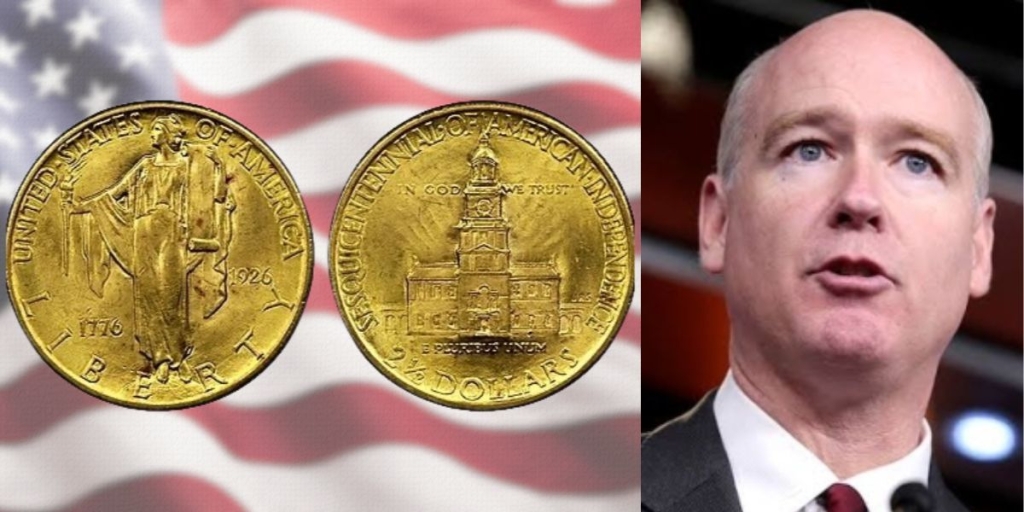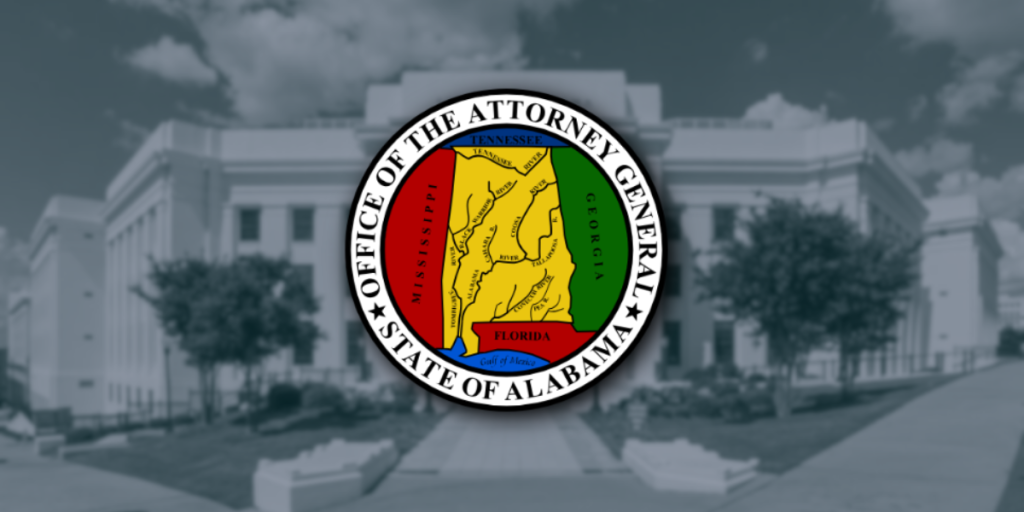A special meeting of the Alabama Ethics Commission was held this past Wednesday, during which members debated whether or not the body had an obligation to disclose certain evidence to individuals under investigation for violating state ethics law.
Nearly six decades ago, the U.S. Supreme Court ruled that an accused party had the right to be made aware of evidence that could potentially be favorable to their defense in a court of law.
In 1963, the nation’s high court ruled that the practice of suppressing evidence that could be of use to defendants violated their constitutional right to due process.
The high court’s decision established the prosecution’s obligation to introduce exculpatory information, or evidence known as “Brady material,” to an accused party.
Created by an act of the Alabama Legislature in 1973, the commission operates as an investigative body charged with the task of considering potential violations of state ethics laws. The commission refers cases to prosecuting authorities and also has the authority to handle minor violations through its administrative resolution process.
The commission is not currently required to introduce exculpatory evidence or material that could be considered favorable to the accused party when considering a case.
As this has sparked concern throughout Alabama’s legal community, last week’s meeting saw the commission consider three advisory opinions relating to the issue.
Draft advisory opinion (a) concluded that the commission was “not required or permitted to disclose exculpatory information or Brady material” during an investigation.
Draft advisory opinion (b) would have concluded that the commission could determine what evidence it considered to be exculpatory and disclose such information if it deemed necessary to do so.
Draft advisory opinion (c) would have concluded that the commission was legally required to disclose Brady material. The opinion was favored by the office of Alabama Attorney General Steve Marshall and the Office of Prosecution Services, which partners with the state’s district attorneys.
It should be noted that both parties in support of mandating that the commission disclose exculpatory evidence for the accused individual are the chief prosecuting authorities for Alabama criminal cases.
In making the case for the disclosure of Brady material, Alana Cammack, a deputy attorney general representing the Alabama Attorney General’s Office, asserted that withholding exculpatory evidence is “asking [the accused] to fight with one hand tied behind their back.”
“To hide evidence which could cast doubt on these decisions is a failure to comply with the laws of due process,” explained Cammack in the meeting. “Unfortunately, what this commission does can ruin lives and careers. And if exonerating evidence is not considered and presented in its appropriate context, that destruction might happen for no reason. This discussion whether or not the Ethics Commission is permitted to hide exonerating evidence from these defendants is concerning not just to the Alabama Attorney General’s Office, but to the citizens of Alabama.”
“Of all institutions, the people of Alabama deserve honesty and transparency from the Ethics Commission,” she added. “To fail to recognize that evidence of innocence should be turned over is a failure to comply with the ethics statute and the laws of due process.”
Cammack noted, that based on her discussions with prior commission staff, the body had formerly adhered to its “longstanding practice” of providing Brady material and encouraged the body to resume that approach.
“Why would the commission change the longstanding practice — that is turning over evidence of innocence to the accused? You shouldn’t,” she concluded in part.
Lyn Stuart, a commission member and former Alabama Supreme Court chief justice, acknowledged that the accused was entitled to Brady material. In question, she said, was the entity that was responsible for releasing the information to the accused.
“It’s clear that at some point in time, exculpatory material is something that a respondent or defendant is entitled to, and additionally, they’re entitled to read the material,” said Stuart. “The question is, when are they entitled to that information? When should that information be provided? And then secondarily, who should provide the information to them?”
After considering of arguments, the commission declined the recommendation of prosecuting attorneys and voted unanimously to adopt advisory opinion (a), determining that the body was under no obligation to provide exculpatory information to an accused individual.
In a statement reacting to the decision, Marshall said that the commission choosing to adopt its own advisory opinion was “deeply concerning, both ethically and legally.”
Dylan Smith is a staff writer for Yellowhammer News. You can follow him on Twitter @DylanSmithAL













